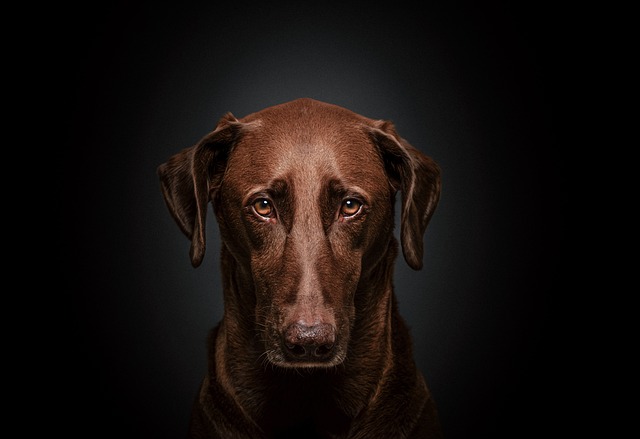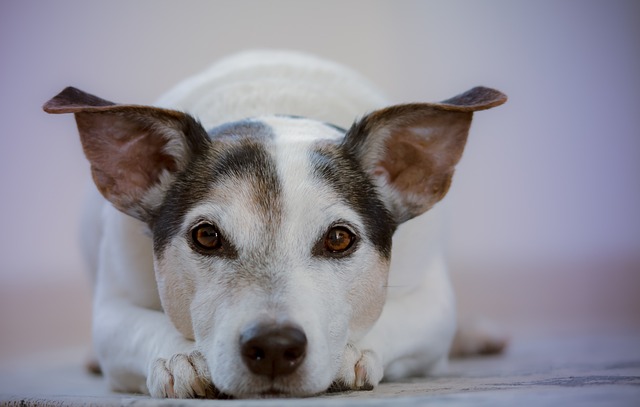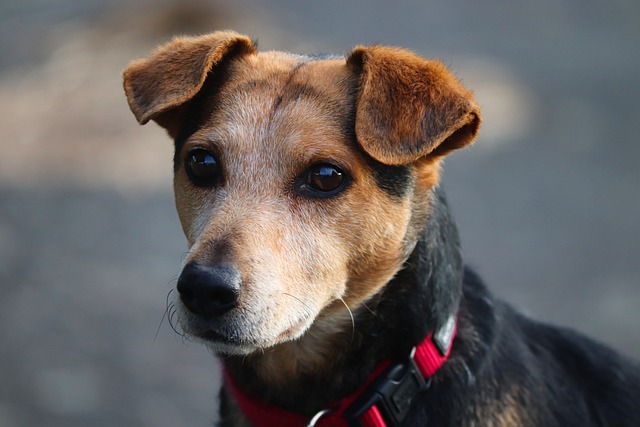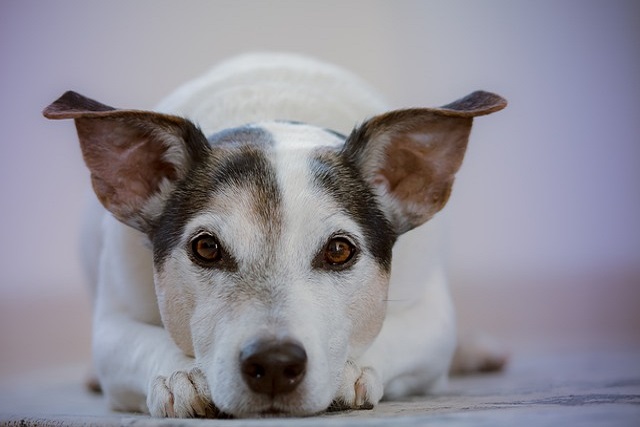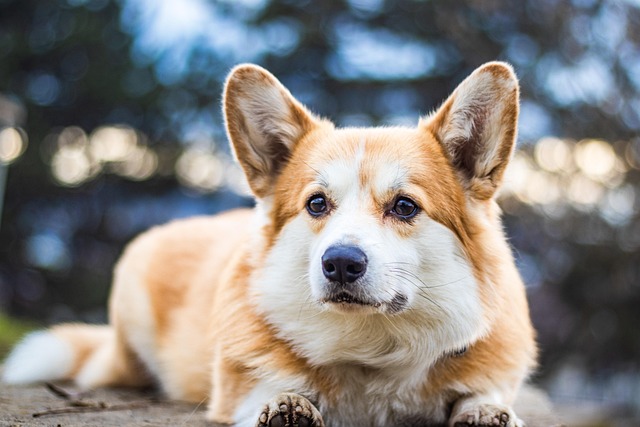You’re mid-Zoom call in your Brooklyn apartment when your new Cocker Spaniel, Daisy, squats by your desk leg – again. That telltale puddle and sharp ammonia smell? Welcome to puppy parenthood. But those frustrating accidents aren’t hopeless rebellion; they’re biology meeting inexperience. Let’s transform your approach with science-backed solutions that actually stick.
Biologically, puppies under six months have developing bladder muscles and limited control – they physically can’t "hold it" longer than one hour per month of age. A three-month-old pup needs bathroom breaks every three hours, period. Their warning signs are subtle: sudden sniffing along baseboards, restless circling, or soft whining. Punishment backfires spectacularly because puppies can’t connect scolding to an accident that happened minutes ago. Worse, yelling teaches them to hide future puddles behind your sofa. Research confirms positive reinforcement trains four times faster – rewards trigger dopamine releases that cement good habits deep in their developing brains.
Consistency is your secret weapon. Start taking Daisy out every two hours like clockwork – set phone alarms religiously. Never skip post-nap, post-meal, or post-playtime trips. Choose one designated spot outside – maybe that oak tree near your Austin mailbox – and use a clear cue like "Go potty" each time. The magic moment comes when she pees outdoors: instantly shower her with high-value treats (think chicken bits) and over-the-top praise. For indoor accidents, stay calm. A neutral "Oops!" interrupts without scaring, then gently rush her outside to finish. Clean thoroughly with enzymatic cleaners that digest odor molecules (avoid vinegar – its acidity mimics urine scent). Apartment dwellers might consider a balcony turf patch during blizzards, but phase it out by month four to avoid confusing Daisy.
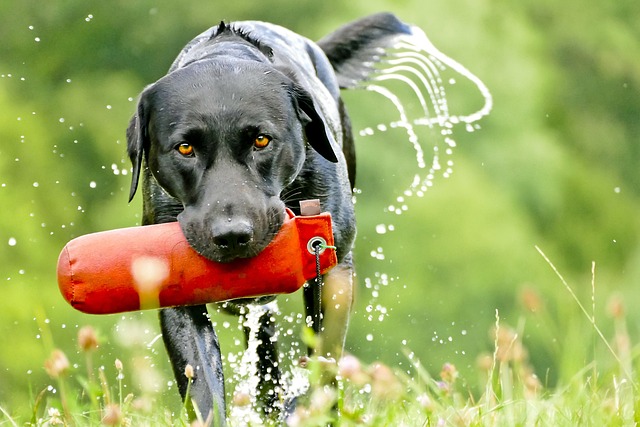
Responsible training ties directly to legal and community obligations. Until Daisy completes her parvo vaccines around 16 weeks, avoid public grassy areas – contaminated soil can be lethal. Always carry waste bags; cities like Seattle fine up to $300 for uncollected accidents in shared apartment courtyards. Culturally, rubbing a puppy’s nose in messes violates modern animal welfare standards. Instead, celebrate outdoor successes like lottery wins and confine unsupervised pups to puppy-proofed zones using baby gates (closed doors cause isolation anxiety that leads to more accidents). For apartment living, layer washable rugs over hardwood, clean accidents immediately with enzyme sprays to prevent lingering odors that bother neighbors, and dispose of soiled pads promptly – summer heat in Florida can turn them into biohazards. At dog parks, keep Daisy leashed until fully trained since excited greetings often trigger "submission piddles" on others’ shoes. With patience and these targeted strategies, you’ll protect your security deposit and neighborhood relationships while raising a confident, accident-free companion.
